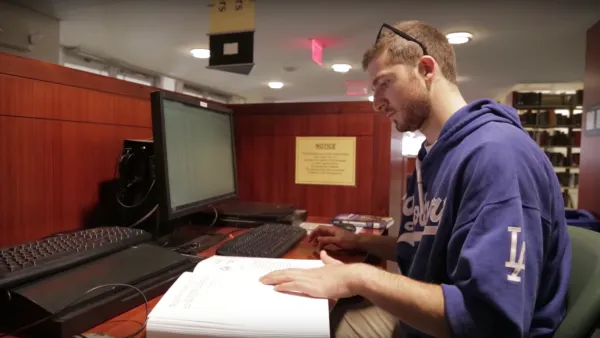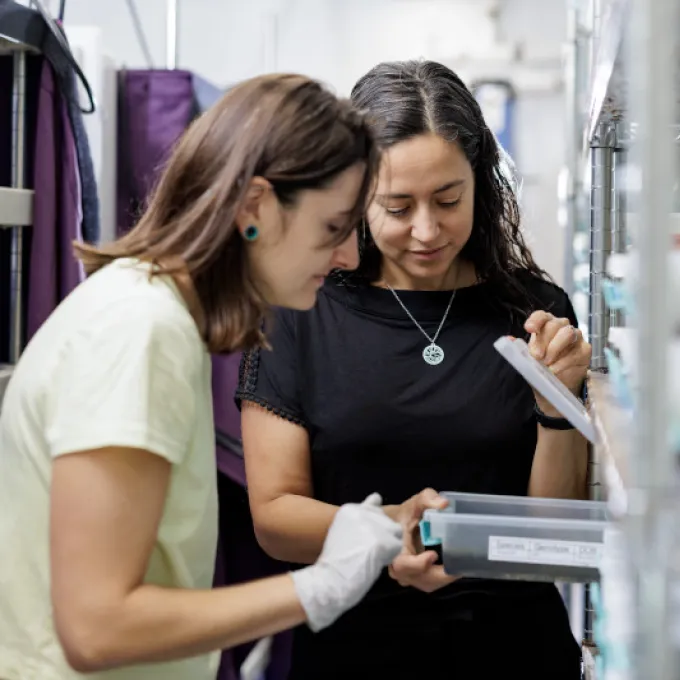"Is research only for science students? Is research only for students who want to go to graduate school? Isn't my coursework enough?"
No, no, and maybe not.
Research is the systematic gathering of information to help you answer a question or solve a problem. Research is going on right now all over the university and all over the world in libraries and laboratories, in rainforests and hospitals, and in courtrooms and archeological sites.
Undergraduate research can help you:
- improve your communication skills
- find opportunities to present and publish your ideas
- test your determination and perseverance
- develop creativity, problem-solving, and intellectual independence





